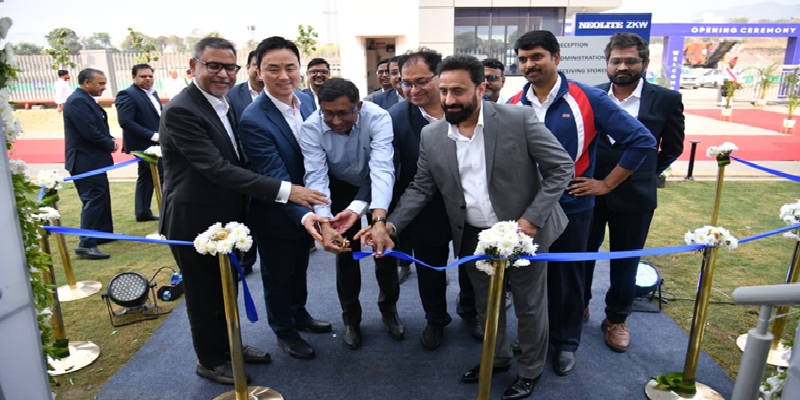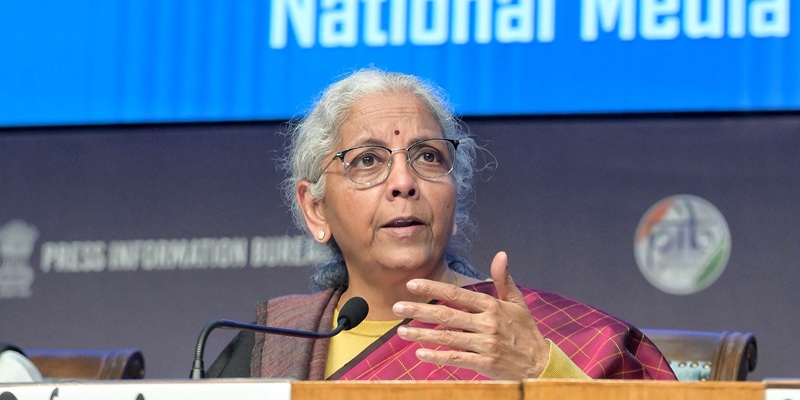Schedule a Call Back
PM-ebus Seva: Ambitious Plan to Boost E-Bus Adoption despite challenges
 Industry News
Industry News- Dec 19,23
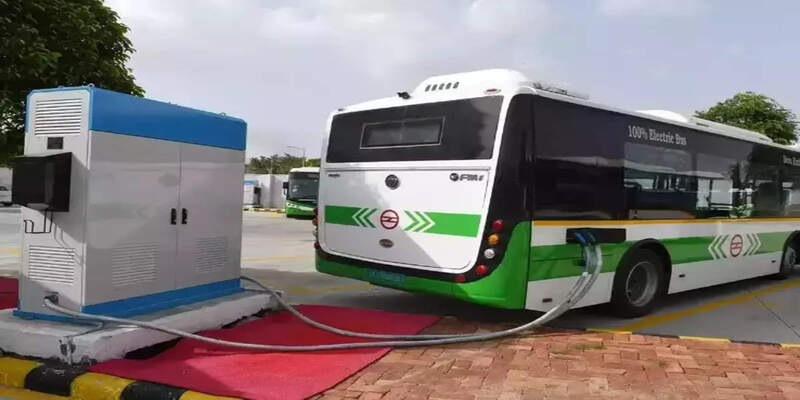
Related Stories
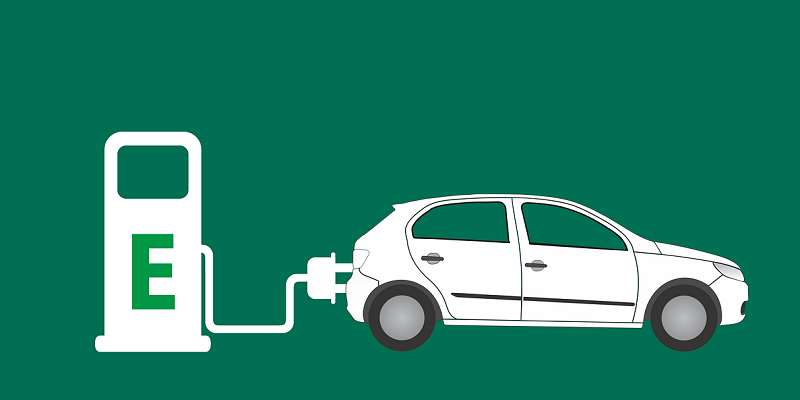
Min of Heavy Industries organises event celebrating FAME’s success in India
The FAME Scheme was launched to give a major boost to the development and adoption of electric vehicles in the country.
Read more
Policy push and new technologies to drive electrical vehicles sales in India
Though the electric vehicle (EV) penetration in India is only 6.8 per cent (in FY24), the growth opportunity in the EV sector is only going to go up in the future driven by shifting consumer prefere..
Read more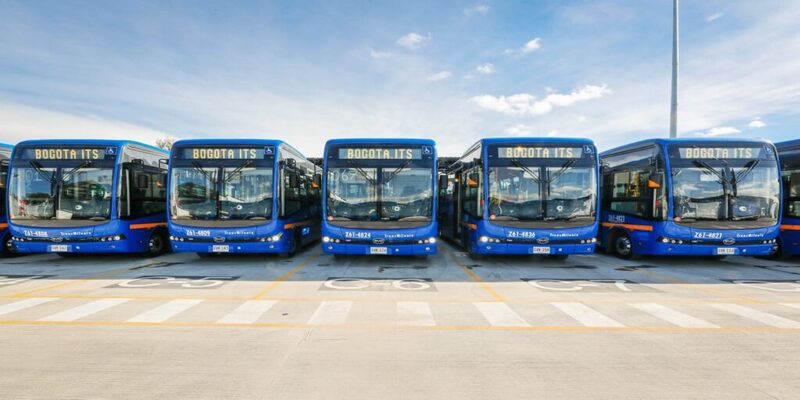
India unveils bold plan to replace 800,000 diesel buses with electric fleet by 2030
This ambitious initiative aims to revolutionise the public transport system, contribute to environmental sustainability efforts, and promote the growth of the electric vehicle (EV) sector in India.
Read moreRelated Products

Automotive Oil Pump
Kalpak Auto Pvt Ltd offers a wide range of
automotive oil pump.
Tata Motors unveils facilities for development of Hydrogen propulsion tech
Tata Motors, India?s largest automobile company, unveiled two state-of-the-art & new-age R&D facilities for meeting its mission of offering sustainable mobility solutions. The unveilings constitute of Read more
Tata Motors plans petrol powertrain for Harrier and Safari SUVs
Tata Motors is in the process of developing a new petrol powertrain for its premium sports utility vehicles, the Harrier and Safari, as confirmed by a senior company official. Currently, these models Read more





